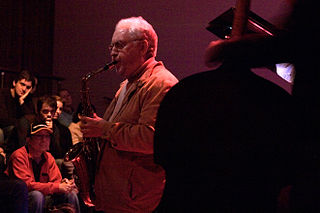A Quote by Kate Winslet
You can't be a proper writer without a touch of madness, can you?
Related Quotes
In this century the writer has carried on a conversation with madness. We might almost say of the twentieth-century writer that he aspires to madness. Some have made it, of course, and they hold special places in our regard. To a writer, madness is a final distillation of self, a final editing down. It's the drowning out of false voices.
Nobody becomes a writer overnight. Well, I'm sure somebody did, but that person's head probably went all asplodey from paroxysms of joy, fear, paranoia, guilt and uncertainty. Celebrities can be born overnight. Writer's can't. Writers are made - forged, really, in a kiln of their own madness and insecurities - over the course of many, many moons. The writer you are when you begin is not the same writer you become.
my belief in the sacrament of the Eucharist is simple: without touch, God is a monologue, an idea, a philosophy; he must touch and be touched, the tongue on flesh, and that touch is the result of the monologues, the idea, the philosophies which led to faith; but in the instant of the touch there is no place for thinking, for talking; the silent touch affirms all that, and goes deeper: it affirms the mysteries of love and mortality.
Genius is neither learned nor acquired. It is knowing without experience. It is risking without fear of failure. It is perception without touch. It is understanding without research. It is certainty without proof. It is ability without practice. It is invention without limitations. It is imagination without boundaries. It is creativity without constraints. It is...extraordinary intelligence!
































